Chinese electric car giant BYD has declared its interest in working with Tesla to combat the sale of petrol and diesel cars.
“Our common enemy is the internal combustion engine (ICE) car. We need to work together… to make the industry change,” said BYD’s Vice President, Stella Li, in an interview with the Financial Times.
Speaking at a BYD Showroom in London, Li said the brand was willing to share crucial EV autonomous technologies with foreign car brands, despite the US placing a blanket 100 per cent tariff on Chinese-made EVs that effectively bars them from the market.
The European Union also imposes a 17 per cent tariff on BYD vehicles on top of a 10 per cent levy on all imported vehicles.
“[The] Chinese government is more open, so maybe there is a lot of wrong perception here,” Li said.
Last month, BYD announced it would make its new ‘God’s-Eye’ autonomous driving technology available on most of its global models over the next couple of years for no additional cost via an over-the-air update. The technology is already active on some of its Chinese models.
Tesla’s supervised full self-driving system, known as Autopilot, is available in the US for an upfront price of USD$8000 ($12,360) or on a subscription basis for USD$99 ($156) per month.
Li's comments came as BYD continues to challenge Tesla’s long-held supremacy on the Global EV market.
BYD emerged in 2023 as Tesla's fiercest competitor to the title of the world’s best-selling EV brand, after usurping Tesla's global EV sales in the fourth quarter of December 2023.
Tesla regained the title in quarter one of 2024, rounding out the year with 1.78 million sales. BYD wasn’t far behind, though, at approximately 1.7 million EV sales.
In Australia, Tesla sales have taken a major hit in the first couple of months of 2025. The controversial politics of CEO Elon Musk have appeared to have an impact, and customers are also awaiting the updated Model Y, the brand’s best-selling model, with deliveries set to commence in Australia in May.
As of February 2025, Tesla sales have fallen 65.6 per cent this year to date, driven by a 71.9 per cent drop in sales last February compared to the previous year. Tesla sold 1592 vehicles last month compared to 5665 the year prior.
Meanwhile, BYD’s sales grew by 38.4 per cent in Australia last month to 3946 units compared to 2859 the previous February.
BYD, which operates tariff-free in the Australian market, saw strong early sales of its plug-in hybrid ute, the Shark 6, and its Tesla Model Y competitor, the Sealion 7. Deliveries of both models commenced earlier this year.
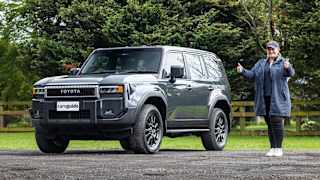
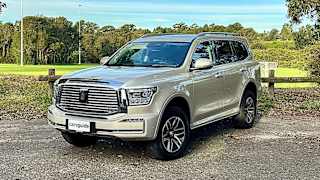
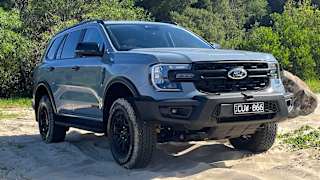
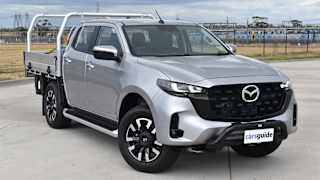
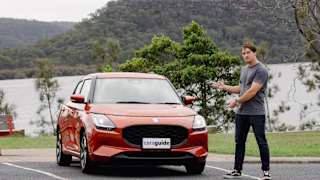
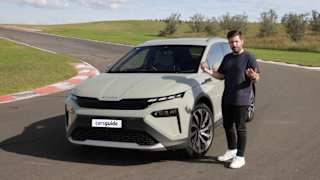

.jpg)





.jpg)



.jpg)
.jpg)


.jpg)






.jpg)

.jpg)
.jpg)
.jpg)
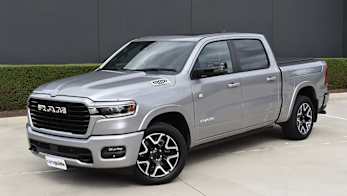
.jpg)
.jpg)

